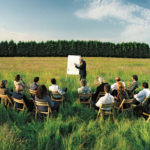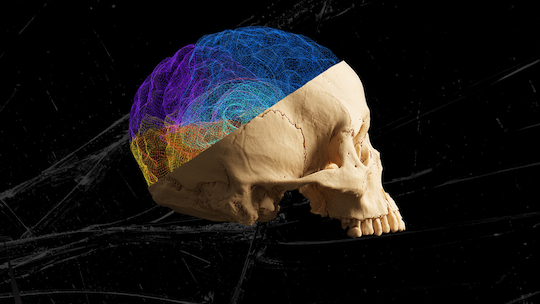“God gave us our memories so that we might have roses in December.”
—James M. Barrie, 19th Century Scottish author of Peter Pan

Image from Unsplash by Debby Hudson
It is February, and Michigan is in the grip of winter. The blooming flowers of spring and summer are months away. For many, the weather can be physically, mentally, emotionally, and spiritually draining, making it feel that a good bit of our “get up and go” has gotten up and gone.
Our minds can, in such situations, operate as time machines, in which we experience some of those sunny days in which our lives were far rosier.
EXERCISE:
Consider a three-to-five minute daily meditative journey today, and for the rest of the weeks of winter. Reminisce and bask in some of the sunnier days of your past. How can and will you take this energy boosting experience into your day and spread its beauty to those in your personal and professional communities?













